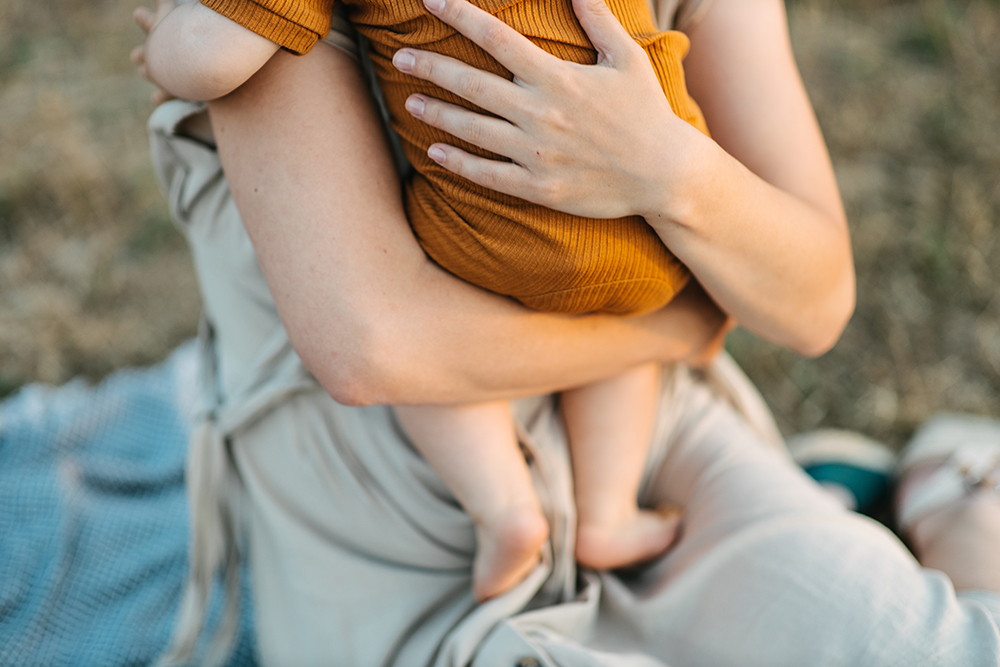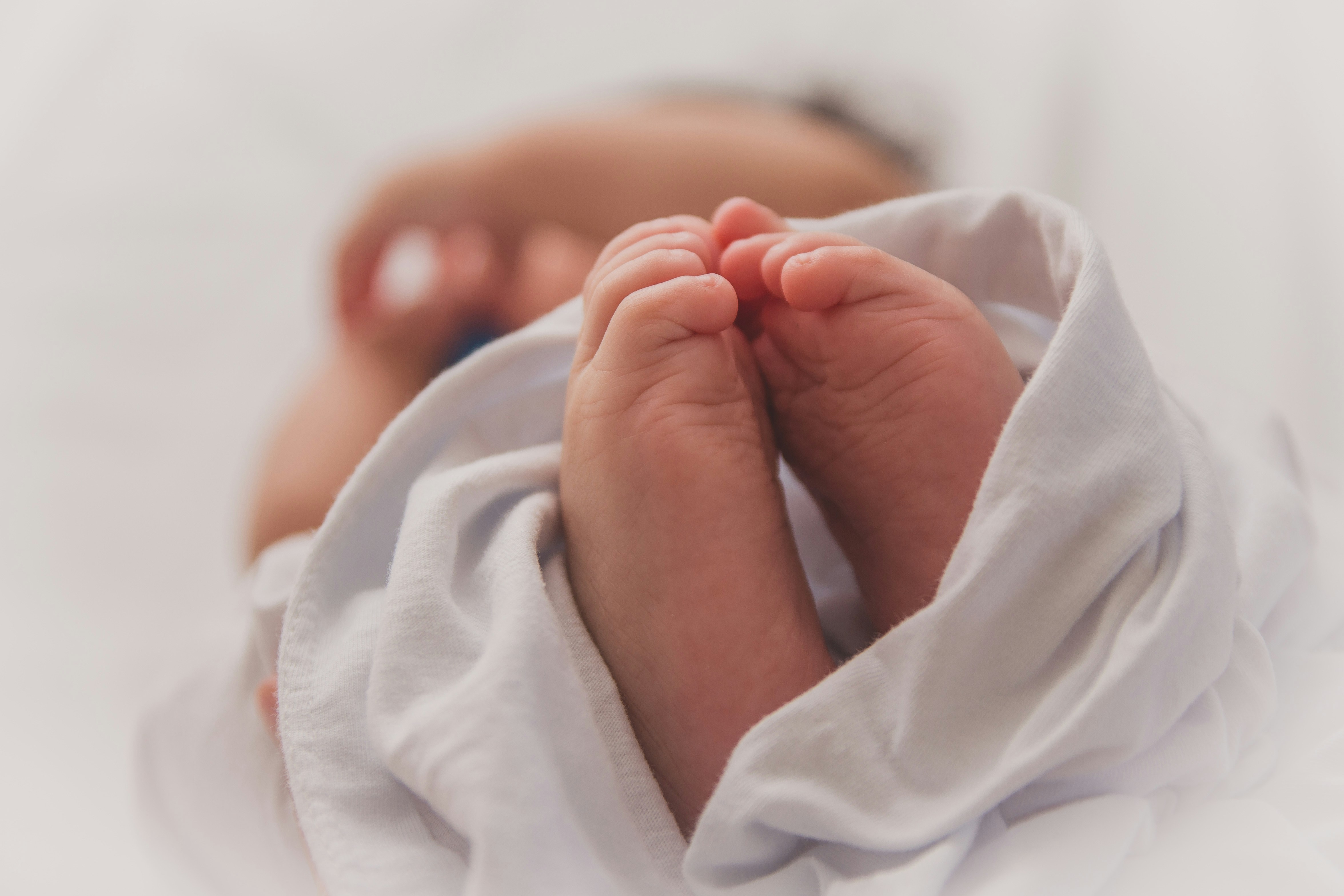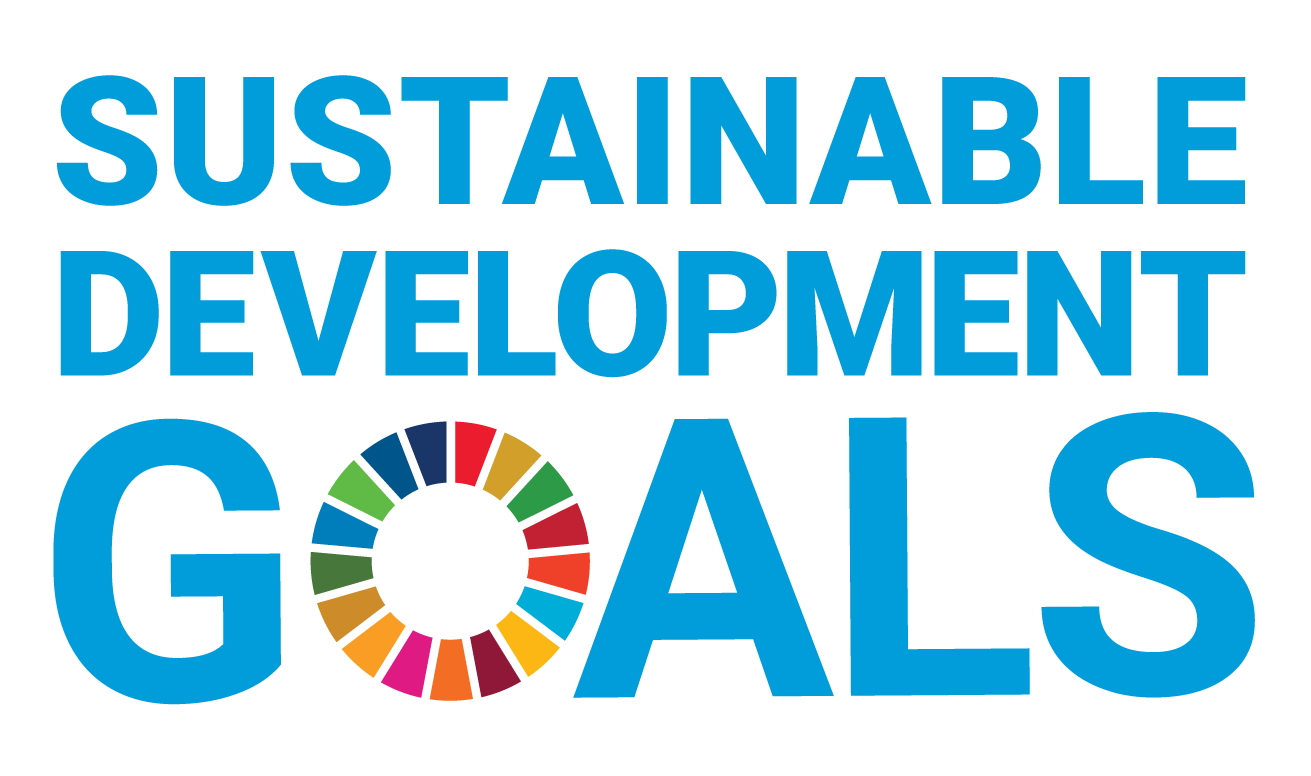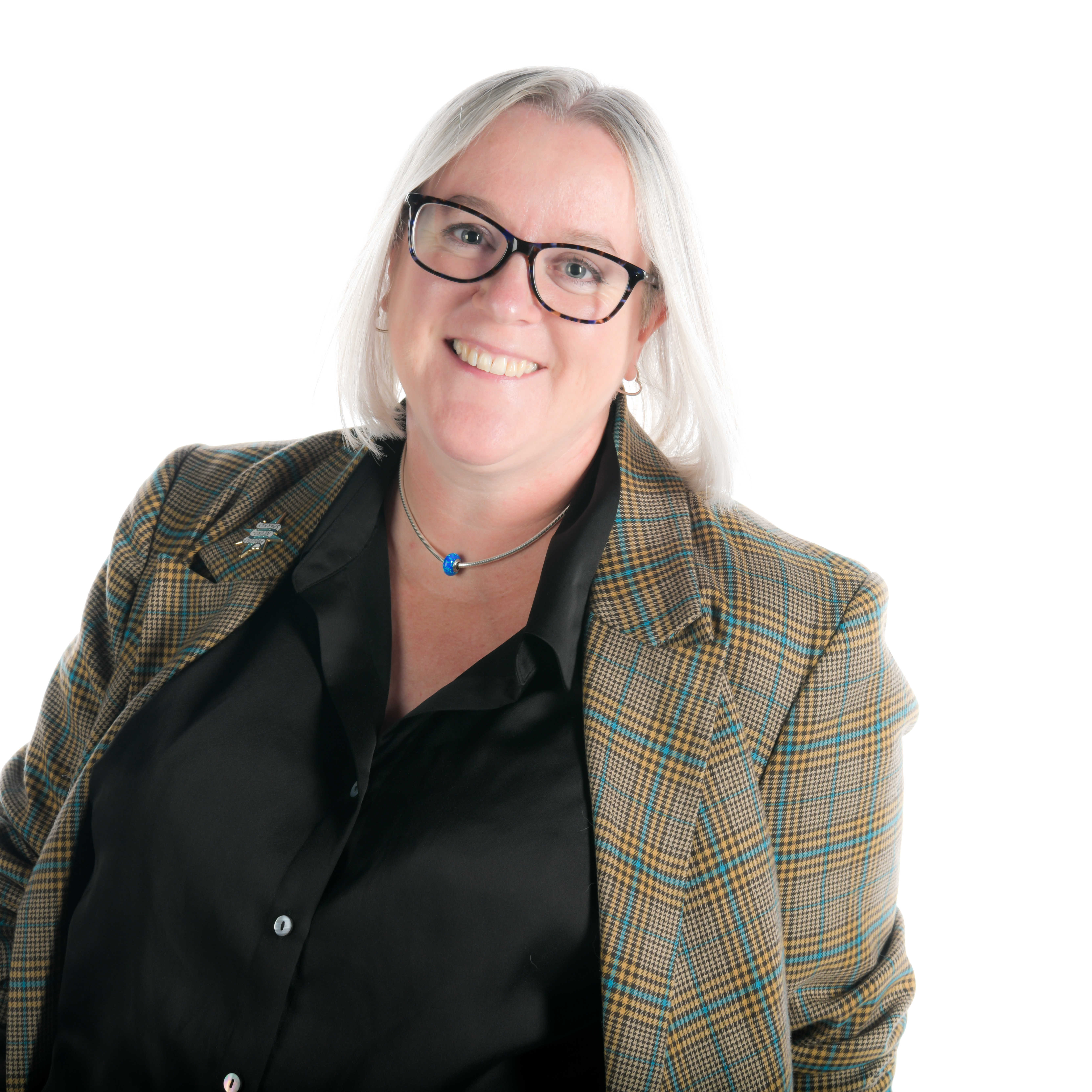You can search for courses, events, people, and anything else.
The right of women to respectful maternity care is at the centre of an initiative of the Parliament of New South Wales. The Birth Trauma Inquiry formally asks women for their accounts of obstetric violence — instances of abuse and mistreatment by healthcare providers during pregnancy and labour, and following birth.
Between July and August in 2023, women submitted more than 4,000 accounts detailing their childbirth experiences to the Inquiry.
Also contributing was a 2022 study led by Dr Hazel Keedle, a senior lecturer of midwifery at Western Sydney University, which revealed that one in ten Australian women experienced obstetric violence.
The study, published in Violence Against Women, was the first to examine this in Australia. Forms of mistreatment ranged from abusive words, rough vaginal procedures, being forcibly restrained during birth, and surgical procedures such as episiotomies being performed without consent.
Alongside obstetric violence, the study found 28% of women reported their birthing experience as traumatic and 35% experienced at least one form of mistreatment. “Healthcare professionals do not intend to cause harm, but there is a disconnect with what women are experiencing,” says Keedle.
Experiencing trauma during the perinatal period can lead to higher rates of postnatal depression and post-traumatic stress disorder, she adds. Ongoing mental health issues can also affect how women are able to function as parents.
Obstetric violence can occur gradually, often starting when women feel dehumanised. Keedle and her coworkers found that obstetric violence was more prominent in standard maternity care in public hospitals. These healthcare systems are fragmented, with women consulting different midwives and doctors at each appointment.
“In such a busy, short-staffed environment, no one is listening to the woman’s thoughts and wishes. Strangers are performing tests and surgical procedures on her body without explanation. That breeds an environment that leads to violation,” says Keedle.
In contrast, continuity-of-care models — where women see the same professionals throughout pregnancy, have a better record of establishing rapport with carers, she says. “Women understand that things don’t always go according to plan. They are usually okay with that as long as they are treated with respect and kindness and kept informed.”
The increased awareness of obstetric violence in Australia has spurred similar initiatives in other countries. The Birth Trauma Inquiry in New South Wales inspired a similar inquiry in the UK; furthermore, the survey is now an international collaboration, led by Keedle, with 10 research groups across the world applying it in their own countries.
Dr Bashi Kumar-Hazard, a human-rights lawyer and a collaborator on the survey, hopes that the surveys reveal internationally recognisable patterns. “We can expect to obtain sound data on the consistent complaints that are being made regardless of country, culture, or jurisdiction,” she says. “While the abuse may look diverse because of resource and cultural differences, the incentives to abuse are underpinned by the same attitudes towards women.”
Meet the Academic | Dr Hazel Keedle
Dr Hazel Keedle is a Senior Lecturer of Midwifery and Director of Academic Midwifery Programs at the School of Nursing and Midwifery, Western Sydney University. She has over two decades of experience as a clinician in nursing and midwifery, educator, and researcher. Her research interests are vaginal birth after caesarean, birth trauma, and maternity experiences, which she explores primarily using feminist mixed methodologies.
Dr Keedle's work is recognised nationally and internationally. She has made many invited conference and seminar presentations, and her research has been widely published in academic journals and books. She is the author of the book Birth after Caesarean: Your Journey to a Better Birth, which is based on her PhD findings. Dr Keedle is also the lead researcher on the largest maternity experiences survey, The Birth Experience Study. In September 2022, she became the Editor in Chief of The Practising Midwife Australia from All4Maternity.
Dr Keedle is passionate about improving the experiences of women during childbirth. She is committed to using her research to advocate for women's rights and to ensure that all women have access to respectful, supportive maternity care.
Credit
Future-Makers is published for Western Sydney University by Nature Research Custom Media, part of Springer Nature.
© Vuk Saric/E+/Getty
© anastasiiachepinska/Unsplash
© lumapimentel/Unsplash






